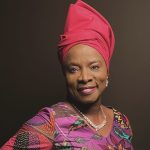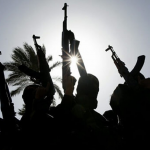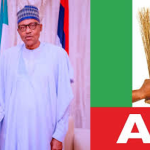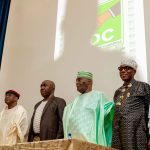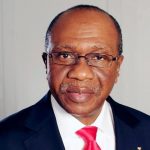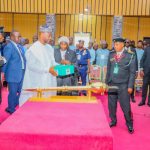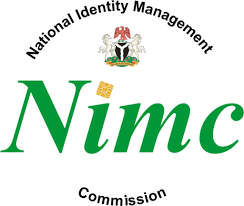
Senegal’s Choice, Amadou Ba Leads Presidential Race
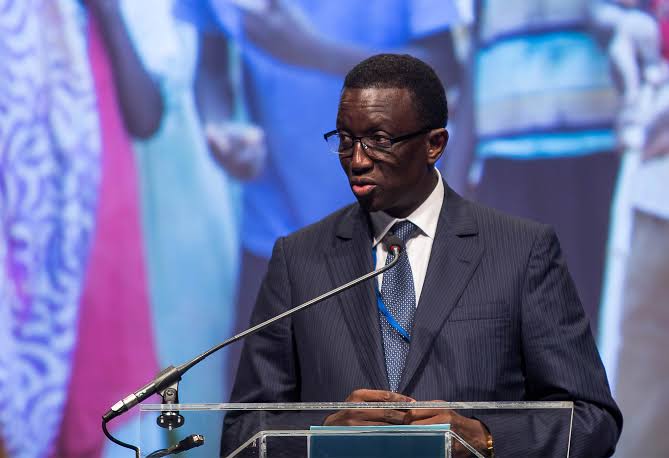
In Dakar on December 21, 2023, Senegalese Prime Minister Amadou Ba, adorned as the ruling party’s presidential candidate, pledged to steer the nation toward “greater peace and prosperity.” This appointment comes as he steps into the shoes of the incumbent Macky Sall, who, having served since 2012, is not seeking a third term. Sall had previously designated Ba as his preferred successor, a choice ratified by the Alliance for the Republic party’s delegates as they officially endorsed him for the upcoming February poll.
Ba, a former tax inspector who assumed the role of prime minister in September 2022, acknowledged the honour of being chosen as the ruling party’s candidate. At a ceremony attended by party members and allies in a Dakar hotel, Ba, 62, outlined his commitment to leading the nation.
Despite analysts favouring Ba as a frontrunner, he faces formidable competition, with over 200 candidates reportedly expressing interest, including former Prime Minister Mahammed Boun Abdallah Dionne and former Interior Minister Aly Ngouille Ndiaye.
During the nomination ceremony, Sall commended Ba’s “exceptional” track record but cautioned about impending challenges, highlighting the pressing issues of illegal migration and youth unemployment.
The electoral landscape may also see opposition from firebrand politician Ousmane Sonko, 49, who overcame legal hurdles to be included in the electoral roll. Having secured third place in the 2019 presidential election, Sonko’s legal battles include a recent court ruling allowing his re-entry on the electoral lists, potentially positioning him as a presidential candidate. However, state lawyers have expressed intentions to appeal.
As contenders rush to register for the election by December 26, the Constitutional Council is expected to rule on eligibility by the month’s end. The February election in Senegal unfolds against a backdrop of diverse contenders and complex dynamics.
Read: Zamfara Governor Proposes 2024 Budget of N423.5bn
About The Author
Related Articles
NIMC Services Still Down Despite Completion of System Upgrade
Despite the National Identity Management Commission (NIMC) ‘s announcement that it has completed scheduled...
ByMayowa DurosinmiJuly 3, 2025Football: Legendary Nigerian Goalkeeper Peter Rufai Passes Away at 61
Legendary Super Eagles goalkeeper, Peter Rufai, is dead. Fondly known by fans...
ByOluwasegun SanusiJuly 3, 2025Reactions as Malian National Transition Council Member Detained in Côte d’Ivoire Amid Diplomatic Tension
The arrest of Mamadou Hawa Gassama, a prominent member of Mali’s National...
ByOluwasegun SanusiJuly 3, 2025Niger Authorities Destroy Over $714,000 Worth of Illicit Drugs in Major Anti-Trafficking Operation
Niger authorities have destroyed record quantity of illicit drugs worth more than...
ByOluwasegun SanusiJuly 3, 2025


